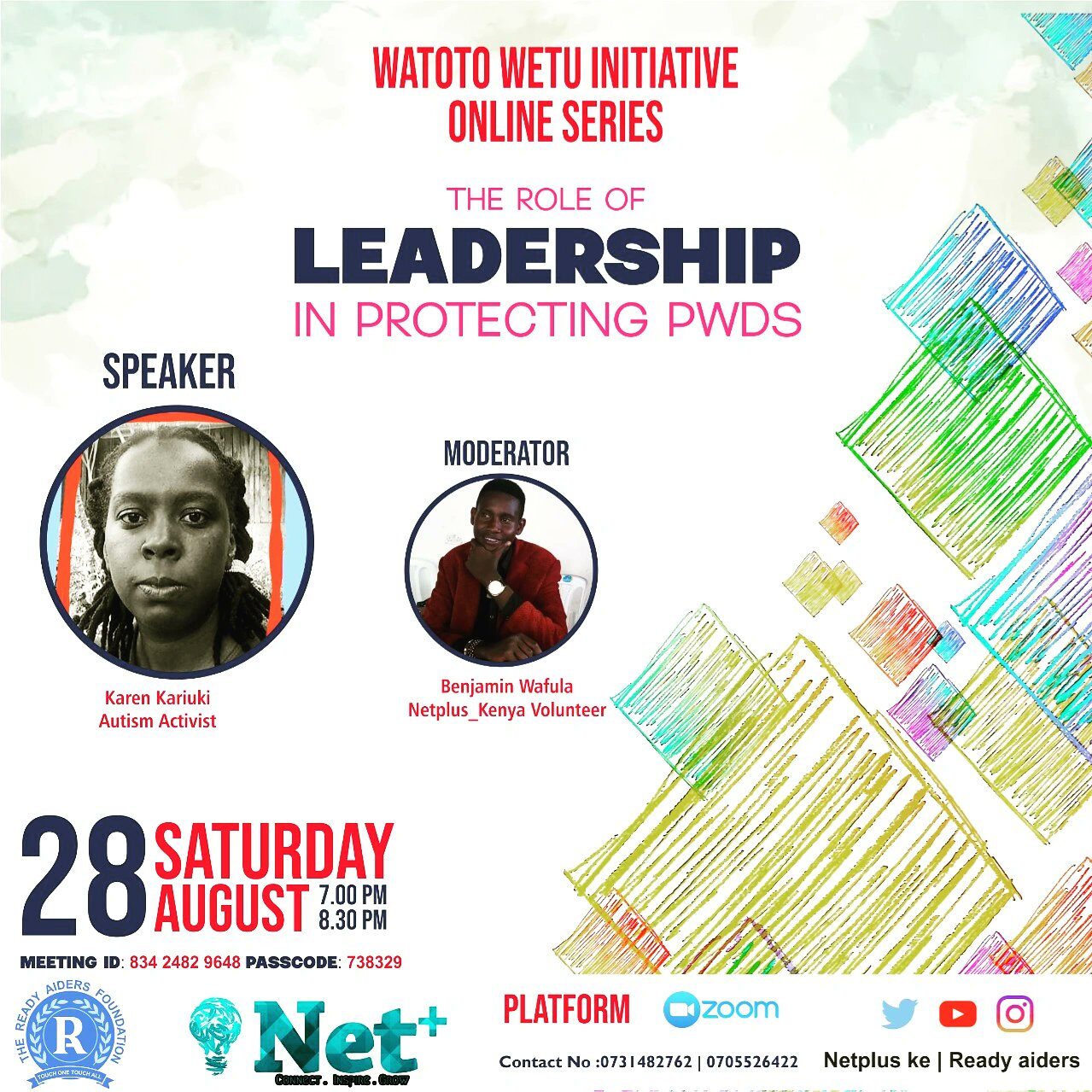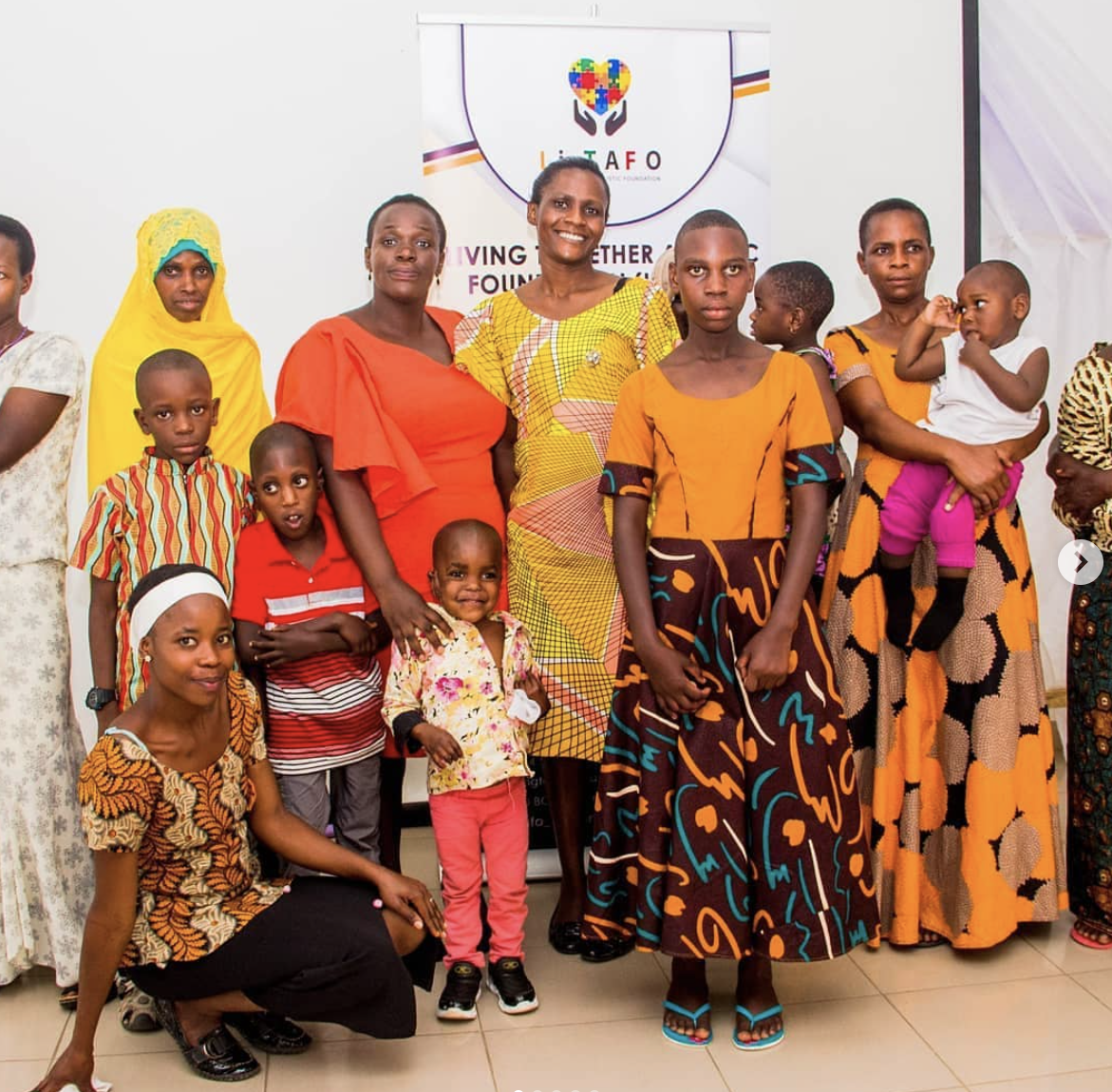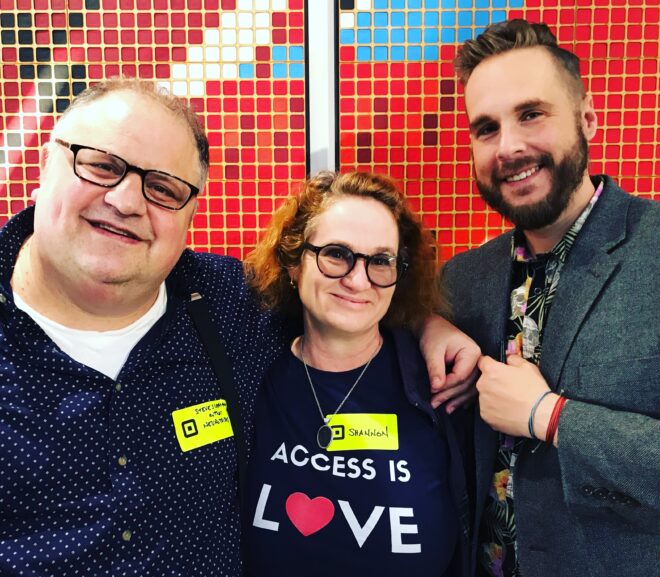The Fire, The Water, and Maudie McGinn is an absolutely wonderful, important book for kids that don’t have a voice and may not be able to identify abuse or know how to talk about it. Fantastic for autistic and allistic readers alike.
Tag: autism acceptance
Parents should tell their children they are autistic in ways that help them understand and feel good about who they are.
Autistic author Sarah Kapit is bringing a wide range of authentic autistic characters to her readers.
We need to highlight the plight of autistic people in Kenya, especially in rural areas where many autistic people are kept hidden and abused. It helps for information about autism in Kenya to appear in blogs and videos.
M. Kelter theinvisiblestrings.com CN: Physical abuse A few months ago, I was contacted by an autism support organization in Tanzania, and asked to follow their upcoming public events on social media. The group is called the Living Together Autistic Foundation (Li-TAFO) and created these events as a way to share autism education and reduce stigma in communities that otherwise have little to no resources available. As these efforts began to unfold, it was clear from their Instagram page that audiences, initially small, were growing into much larger crowds. To better understand the purpose of these events and their potential impact, I communicated via email with Li-TAFO’s creator, Shangwe Isaac Mgaya, who is currently endeavoring to create an autism center in her area that would be the first of its kind. Photo © Li-TAFO. [image: Photo of a group of Tanzanian adults and children, in front of a LI-TAFO banner.] M: On…
“For too long autistic children have been just taught what they should do to fit in a neurotypical mold, instead of being taught who they are as autistic people, and who neurotypical people are as a neurotypical people, and how to appreciate both, and build translations between the two.”
Steve Silberman, Shannon Rosa, and John Marble [image: Three adult white nerds, posing together and smiling.] Shannon Des Roches Rosa Senior Editor A large, friendly, and neurodiverse crowd came together at Square headquarters in San Francisco last night, to hear Steve Silberman and John Marble in conversation about autism and neurodiversity. The event was organized by by TPGA contributor Chris Williams and TPGA friend Chris Ereneta, Square employees both. We live-tweeted both the witty, empathy-filled conversation and the useful Q and A afterwards, but as tweet streams can be hard for some people to parse, here’s a streamlined text (and typos-fixed) version: Steve is talking about the origins of his book NeuroTribes, how in the early aughts, before he began his research, he thought autism was rare. And how the conspiracy theories about causation were really running rampant. He wrote his classic Wired article The Geek Syndrome in 2001, talking about…
Rainbow Clouds by RoseFireRisingCreative Commons License [image: Second Life screenshot: panels of clouds joined by a central axis, with each a different color of the rainbow.] Welcome to April, that wonderful month of northern hemisphere spring blossoms, less wonderful seasonal allergy attacks—and “Autism Awareness.” Here at TPGA, we have a long tradition of skepticism about Autism Awareness material. We are not being party-poopers; we focus on Autism Acceptance instead. Why? As we noted last year: “Acceptance means autistic people matter. Awareness just means we know autistic people exist.” We realize many who agitate for autism “awareness” are sincerely trying to do good work. But too many people hijack April to spread negative messages about autistic people, or claim that acceptance is about “complacency,” while others co-opt language that makes them look like they’re on the side of autistic people: The chest-beating gorilla of autism awareness, Autism Speaks, is making their April…
How excellent to see major cultural influencers like Apple honor Autism Acceptance during April, like this an Apple announcement about the month’s strategy and events, and descriptions of the apps in their Autism Acceptance Collection—including some excellent app discounts: From Apple: Sunday, April 2 is annual World Autism Acceptance Day, which kicks off Autism Acceptance Month. One in 68 U.S. children has been identified with autism spectrum disorder (ASD) according to the CDC. Since we introduced iPad in 2010, we’ve heard from many parents, children, adults and therapists that iPad has been a key communication tool for Autistic people. And there are now some wonderful apps for Apple Watch as well, such as Proloquo4Text which now not only offers the ability to show your message to your communication partner, but version 3.1 also allows you to speak the message aloud right from your Apple Watch. But perhaps even more moving…
TPGA is observing Autism Acceptance Month by featuring accounts from autistic people about the differences accommodations (or lack thereof) make in their lives. Today, Finn Gardiner talks about being the “truest, best self” he can be, tackling the “politics of shame head-on,” and recognizing “that I could live with my autistic, black, queer, trans self without guilt just for being alive.” Finn Gardiner [image: Selfie of a smiling black person with shaved hair & rectangular gold-rimmed glasses.] Finn Gardiner www.expectedly.org My path to autism acceptance and rejecting the politics of shame came along with my recognition of the other intersections I experience: recognising my gender identity, fighting internalised racism, and defining and following a path that was based on my own self-determined goals — rather than what parents, professionals, and other authority figures around me deemed appropriate. My childhood and adolescence were steeped in the politics of shame. Family members…









